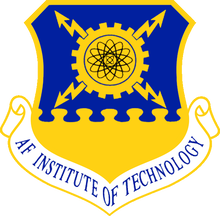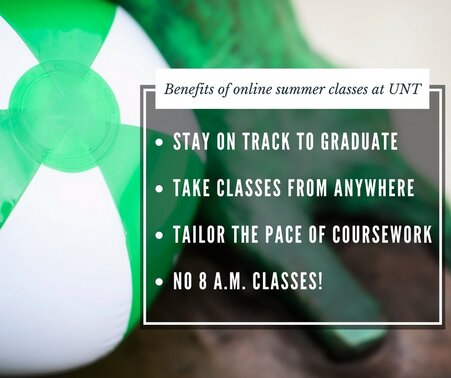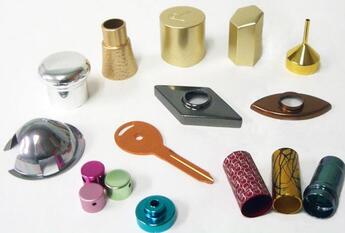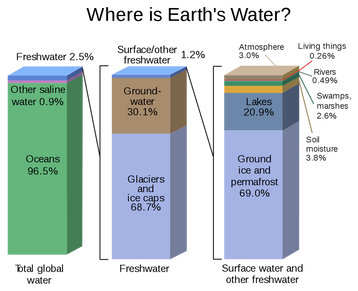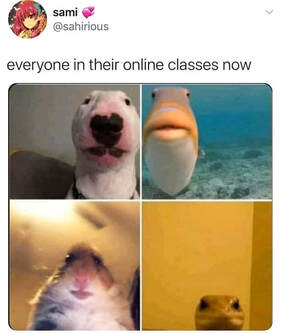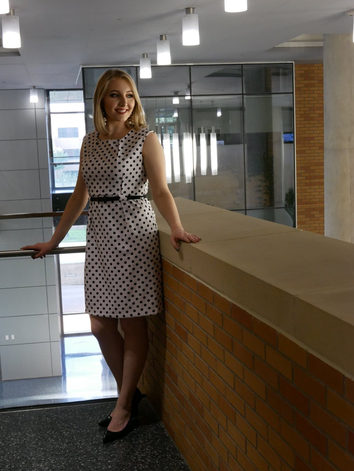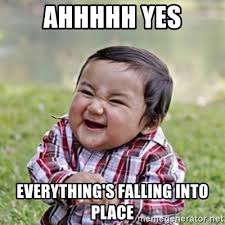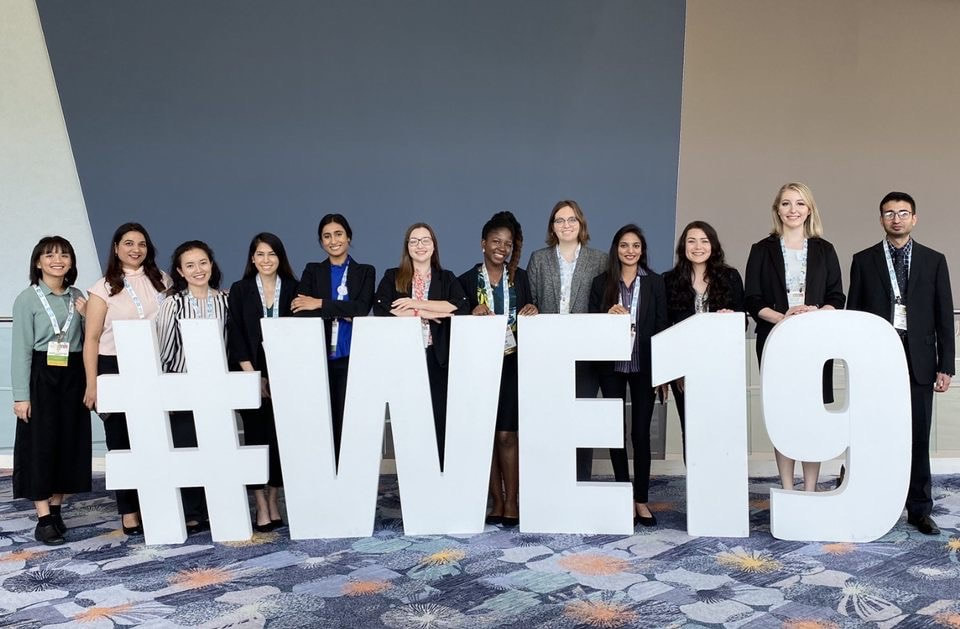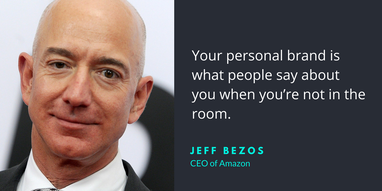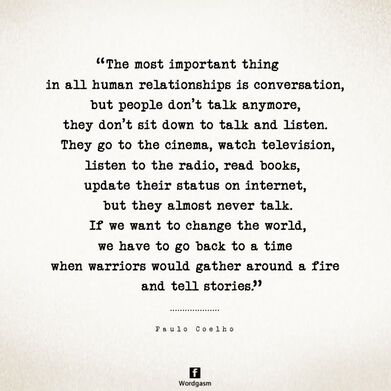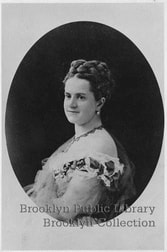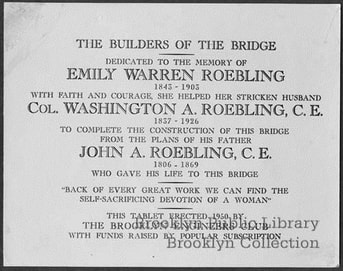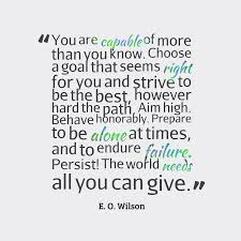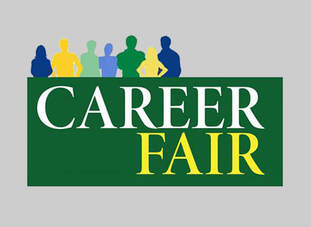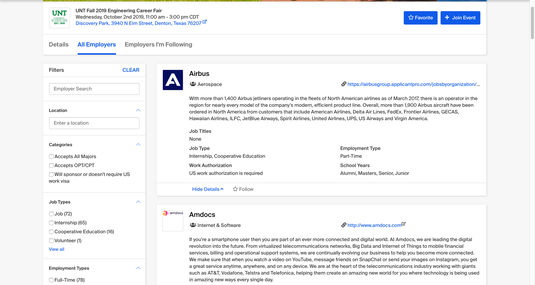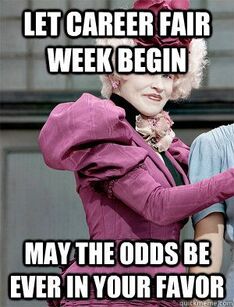Dr. Jackson received her B.S. degree in Electrical Engineering from Wright State University in 2002, her M.S. degree in Electrical Engineering from The Ohio State University in 2004, and then her Ph.D. in Electrical Engineering also from The Ohio State University, in 2009. Her graduate studies were funded with fellowships from the National Science foundation, the Dayton Area Graduate Studies Institute, The Ohio State University, and the Ohio Board of Regents. She had internships with the Air Force Research Laboratory, Alphatech, Inc., Jacobs Sverdrup, and Bell Laboratories.
She joined the faculty of the Air Force Institute of Technology (AFIT) in 2009, as an associate professor of Electrical Engineering, and is currently working there now. Her favorite part about being a professor is that she holds a great amount of independence.
“I get to define my own research path and pursue interesting scientific and engineering problems with my students.”
“I enjoyed the material, but that’s in large part due to having great professors (Dr. Pujara and Dr. Xue)!”
Now that she is a professor herself, she partakes in lots of exciting research. Her research area is in signal processing and radar imaging. Her interest in her research area was sparked by her previous coursework and internships.
“Through coursework and internships, I got interested in signal processing. I thought I would pursue medical imaging in graduate school, but I connected with some professors doing radar imaging research. It turns out the basic electromagnetic and signal processing principles are the same! The problems of sensing and imaging in all realms are still very interesting to me.”
Along with being a professor and researcher, Dr. Jackson is also a member of a multitude of professional organizations, such as Eta Kappa Nu, Tau Beta Pi, and IEEE AES. In 2014, Dr. Jackson started organizing a “Women in Radar” luncheon at the IEEE Radar Conference, which is held each spring. In 2018, she was elected to the IEEE AES Society Radar Systems Panel and serves on the Technical Program Committees of the IEEE Radar Conference as well as the MSS Tri-Service Radar Conference. She has been accoladed with numerous awards for her contributions in her profession, organizations, and research.
“I have been fortunate to have the support of my family and professors who encouraged me to go to grad school. I got married near the end of grad school, and my husband has been a huge supporter of my professional success. Lastly, my colleagues are a great group of professors and researchers who provide key mentorship. Success comes from hard work and making the right professional connections.”
As for hobbies, Dr. Jackson loves cooking, gardening, and sewing. Though, she added,
“Between work and family (I have two little kids), there isn’t much time for hobbies!”
We asked if she had any advice to share with our readers, Dr. Jackson offered the following words of wisdom:
“Take every opportunity to learn and improve your skills. Be your own advocate. Ask lots of questions. Look for internships that will give you exposure to a variety of career options: big vs. small corporation, manufacturing vs. research and development, commercial vs. government lab, etc. All will have different cultures and career growth opportunities.”
Dr. Jackson is an inspiring figure to everyone pursuing engineering. As an engineering student, it is always interesting to learn more about an engineering professor’s journey and perspective. Dr. Jackson encourages making helpful professional connections, exploring our career options, asking lots of questions, improving our skills, and to be our own advocate.
- If you were a professor like Julie, what subject would you be interested in teaching?
- What are some ways you can be your own advocate?
